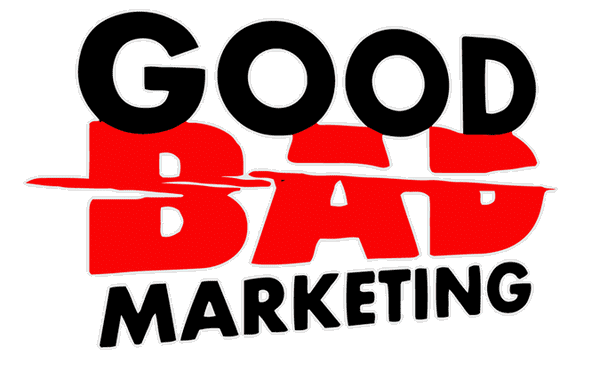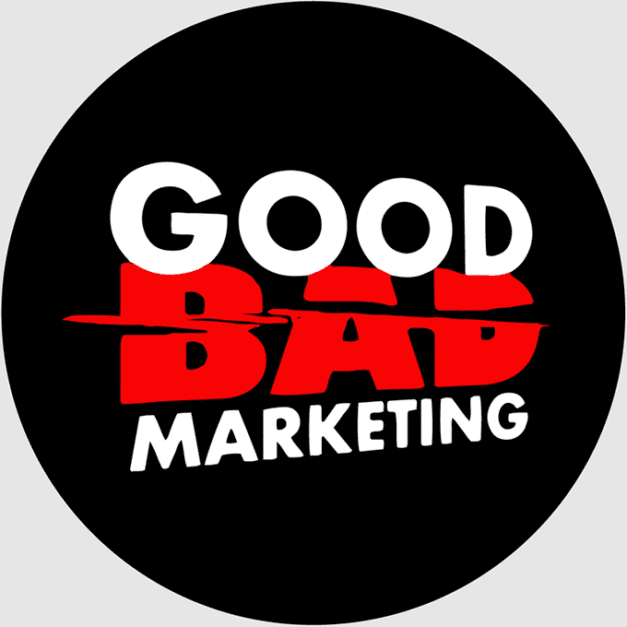Today I learned that it’s common for American travellers to wear Canadian flags on their clothing or backpacks to get favorable treatment abroad. It’s so common, they have a word for it: flagjacking. So how many retail products fake nationality to exploit positive national associations?
I fell in love with Haagen Dasz ice cream while living in Japan. The brand is famous for choosing a name that sounds Danish. They’re really American.
American yogurt brand Noosa Yoghurt, based in Colorado, claims to be Australian-style yogurt, much to the confusion of fellow Australians visiting or living in America. To be fair, the company founder is Australian, but ask any Australian, or bring it up in any online community for Australians in America, and you’ll find out there’s no such thing as Australian-style yogurt. Well, until Noosa invented it.
Lets go further down the spectrum towards lying. A few years ago, my favorite undershirt had worn out. I bought the Byford London brand item at an upmarket department store in Asia, and it was as soft as a Malaysian masseuse’s hands. Seeking to replace it, knowing “London” as part of the name and logo, I assumed I could buy the brand in Britain, where I was living at the time.

So I popped over to byford.com, and the moment I saw the horrible web design, knew I’d been duped. This was no mainstream brand. A few seconds later I noticed the language selection flags for English, Chinese and Bahasa Indonesian/Malaysian. I had loved that shirt, but it was NOT the premium British product I thought it was.
Then…flashback! Many years ago I took a job selling perfume in a shopping center. As a bloke, a non-fancy one at that, this was no easy feat, but I was placed under the regional sales champion, who truth be told was a sales genius. Perhaps not the most ethical sales person, but an effective one none the less. She took the “Made in China” stickers off the product and told customers that this was the latest perfume collection from Britain. The Union Jack was prominent on all packaging, so the lie stuck. One skeptical customer did ask where it was made, and she was honest. “China. But then again, everything is made in China these days, isn’t it?” A testament to her sales skills even when caught out, she sold him 6 bottles that day. Her justification was that at the end of the day, she is selling to customers who enjoy the products, and are very happy with the price they are paying for it. She is providing happiness. I took a moral stance over the removal of country of origin labels and quit at the end of my first day, but her words stuck with me.
My Byford London shirt was excellent from a utility point of view. Yes, I’m still going on about that. It gave me about as much happiness as an undershirt could, but I couldn’t separate the idea that the product and brand were lesser for being Chinese. The association between “Chinese” and low quality was just too strong. In fact, Britain had never been a major cotton manufacturer in my lifetime. My emotional reaction was far worse than when I found out Haagen Dasz was really an American brand. Why? Because London was in the title, and because their website was that bad.
Will I get over my ego and buy for utility value as I usually do after getting duped by Byron and buy Byron brand again? I’m so irrationally emotional about this, I don’t know. I’d feel a boundary had been crossed if an American had overstepped a boundary by wearing a Canadian flag too! I the feeling of duped-ness is related to lazy the liar was.
My advice to the brand is not to fix the lie, but to lie better. Fix the website, and make the copywriting more in line with western expectations. In their Asian market, the European association for this premium brand works wonderfully, and I suspect their target market would react less poorly to discovering the lie.
Oh, and in case you’re feeling sorry for Britain, British company Japan Superdry had £872 million in revenue last year. And their products tack on meaningless excerpts of Japanese text!
Further Reading:





